Inflation doesn’t just raise prices—it silently erodes the value of every dollar in your wallet. While we often hear about inflation in terms of percentages, its real impact on everyday life, particularly consumer confidence, is harder to notice. As prices climb, people naturally tighten their spending, leading to a ripple effect across the entire economy. Here are 18 eye-opening facts that reveal how inflation is steadily undermining consumer confidence.
Shrinking Disposable Income
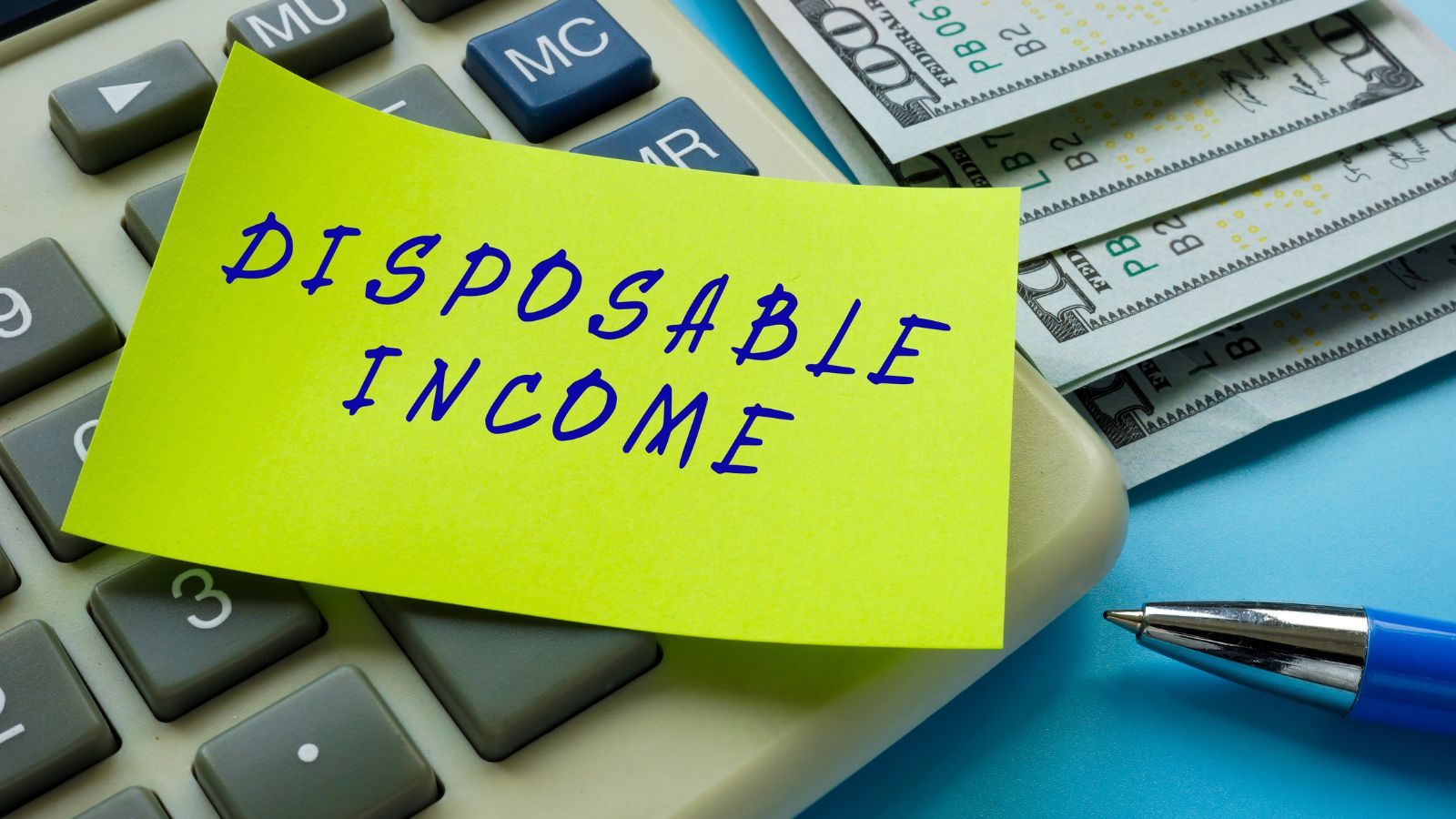
Inflation has a direct impact on disposable income, as rising costs for essentials like groceries, gas, and rent leave less money for non-essential spending. With tighter budgets, consumers are becoming increasingly anxious about their financial future, leading to growing uncertainty and caution in their spending habits.
Rising Debt Levels

People are more likely to rely on credit cards and loans to get by as costs rise. People take on additional debt to pay for rising expenses, but they find it difficult to pay it off, which further erodes their confidence in their ability to manage their finances. This leads to a vicious debt cycle.
Eroding Savings
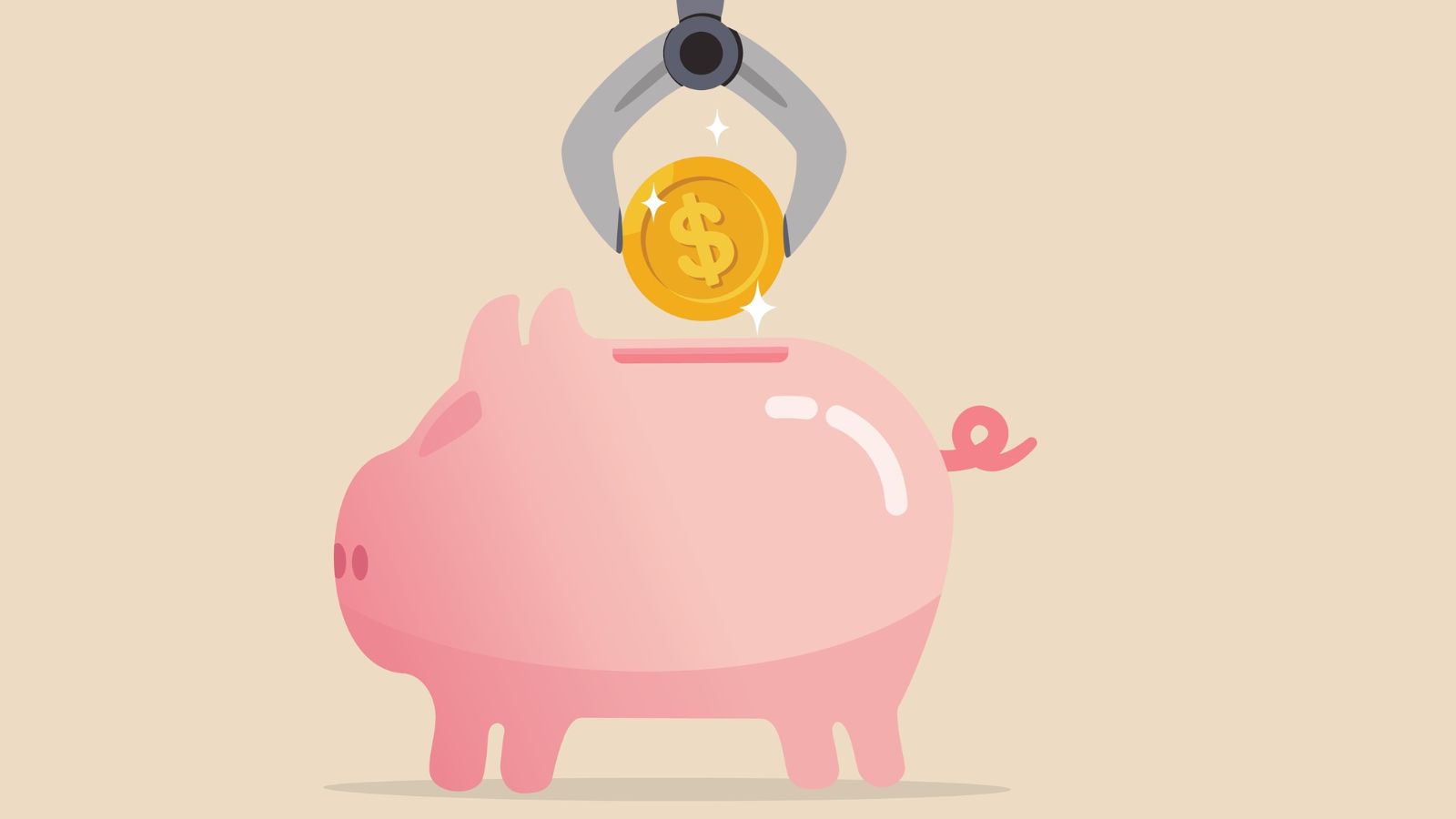
Inflation not only reduces your purchasing power but also erodes your savings. What may have once felt like a solid emergency fund can quickly seem insufficient as inflation chips away at its value. This devaluation leaves many worried about their financial security and ability to weather future challenges.
Higher Interest Rates
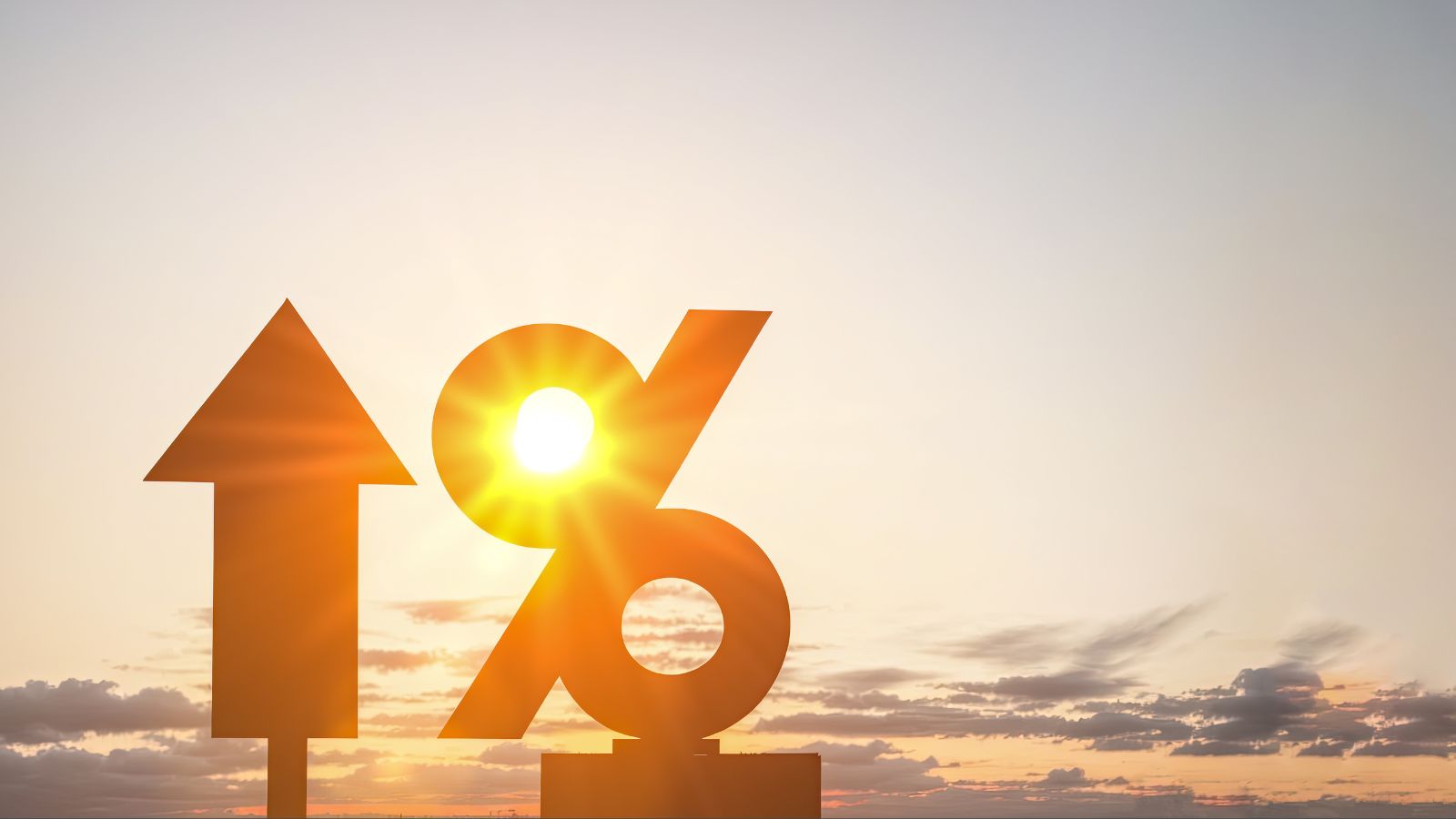
Central banks frequently increase interest rates, which raises the cost of borrowing, to fight inflation. When loans for businesses, homes, or cars become more expensive, consumer confidence in the economy weakens, leading to a decline in overall spending.
Unpredictable Price Increases
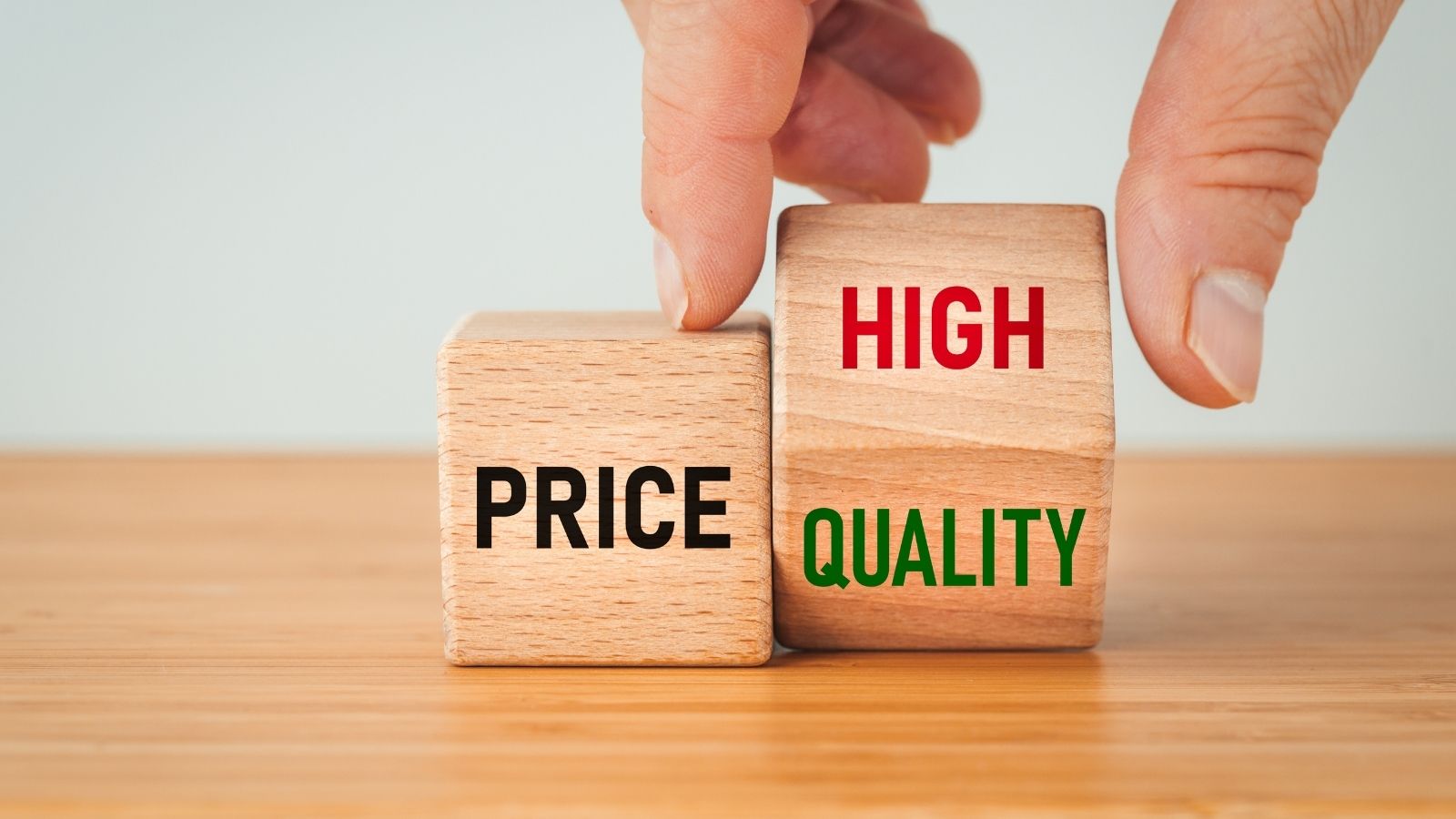
People are constantly on edge due to the unknown of how high prices could rise. Will next month’s grocery prices increase by 5% or 10%? Because of this volatility, customers are reluctant to spend and often choose to save money, which further stifles economic progress.
Declining Real Wages
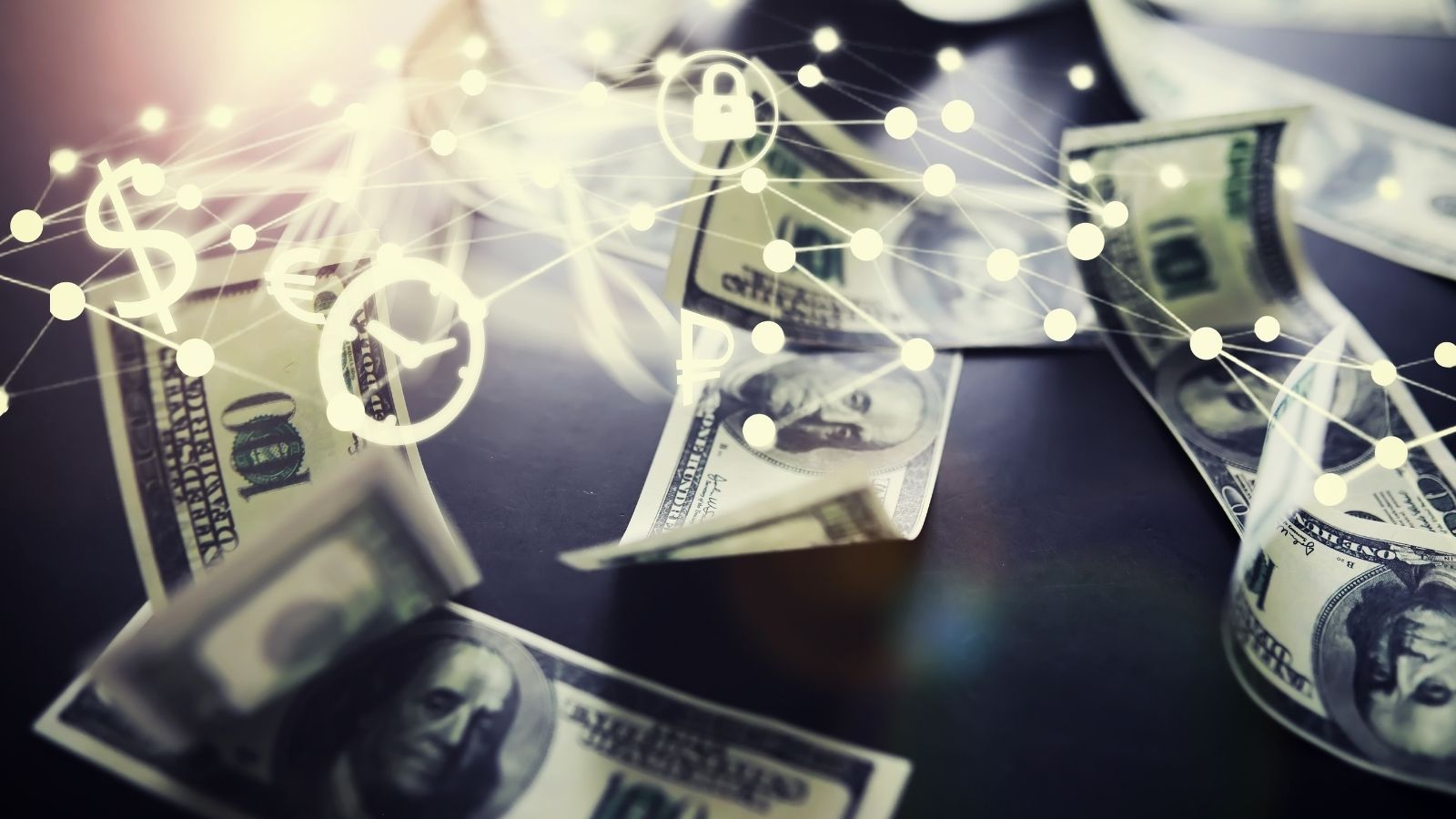
Despite earning more money, people feel poorer when inflation exceeds wage growth. This increasing gap between nominal salary and real purchasing power weakens consumer confidence, leading to dissatisfaction and an unwillingness to spend.
Cutting Back on Luxury Spending

As rising costs for necessities take up a larger share of income, consumers cut back on non-essential spending. Travel, eating out, and even small luxuries like entertainment subscriptions are often the first to go. Businesses that depend on consumer spending are impacted by this change, which may cause further economic downturns.
Reduced Homeownership Prospects

As housing costs rise due to inflation, the dream of homeownership feels increasingly out of reach for many. When consumers struggle to afford a down payment or keep up with soaring mortgage rates, their ability to achieve important financial milestones diminishes, further eroding their financial confidence.
Pessimism About Future Purchases

When inflation is strong, individuals begin to delay or cancel important purchases like vehicles or home repairs. “Why spend now when prices might go down later?” becomes the prevailing thought. Businesses suffer as a result of this hesitancy, which only serves to increase uncertainty.
Declining Stock Market Confidence

Inflation impacts more than just everyday expenses—it also affects investments. A rise in inflation usually ends up in more volatility in the stock market, which discourages investors. This loss of confidence in the financial markets heightens concerns about economic stability and the future.
Fear of Job Insecurity

Operating costs for organizations typically increase as inflation takes hold. This may result in salary freezes or layoffs, which would lower consumer confidence. Individuals start to worry about whether they’ll have a job tomorrow in addition to their ability to afford items.
Pressure on Small Businesses

Small firms, in particular, feel the strain of inflation. They are forced to either decrease their offers or raise prices due to rising labor and supply expenses, which may annoy customers. Communities suffer when small firms fail, which contributes to a general drop in consumer confidence.
Higher Rent, Lower Confidence
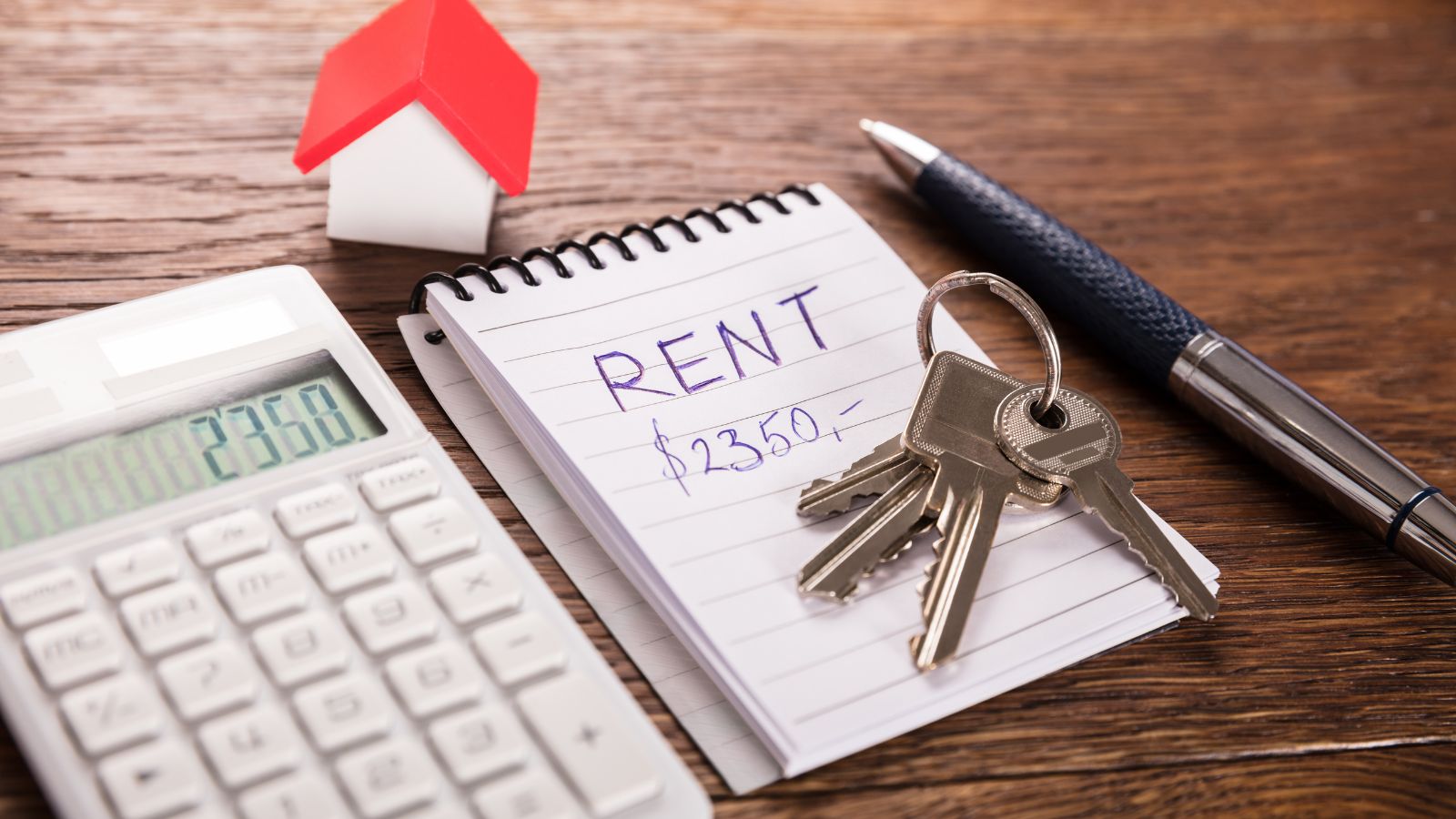
Tenants are especially susceptible to inflation. Many find that they have to pay a greater percentage of their income on housing when rents rise, which leaves little money left over for other needs. Their faith in the property market and their financial future is strongly impacted by this stress.
Increased Anxiety Around Retirement

Many people get serious concerns about retirement when they see inflation. An increasing number of people worry that their retirement funds won’t last long enough due to rising living expenses. This worry leads to reduced expenditure and a cautious approach to future planning, weakening consumer confidence.
Shrinking Consumer Choices

Companies may save expenses by providing fewer product alternatives or decreasing packaging (a strategy known as “shrinkflation”) when inflation drives up the price of goods. Customers feel undervalued, which exacerbates their annoyance and misplaces their trust in the industry.
Social and Political Instability

Prolonged periods of elevated inflation may give rise to extensive social and political turmoil. People are more inclined to advocate for significant political changes when they believe they are losing control over their financial lives, which exacerbates the uncertainty that lowers consumer confidence.
Savings Interest Can’t Keep Up
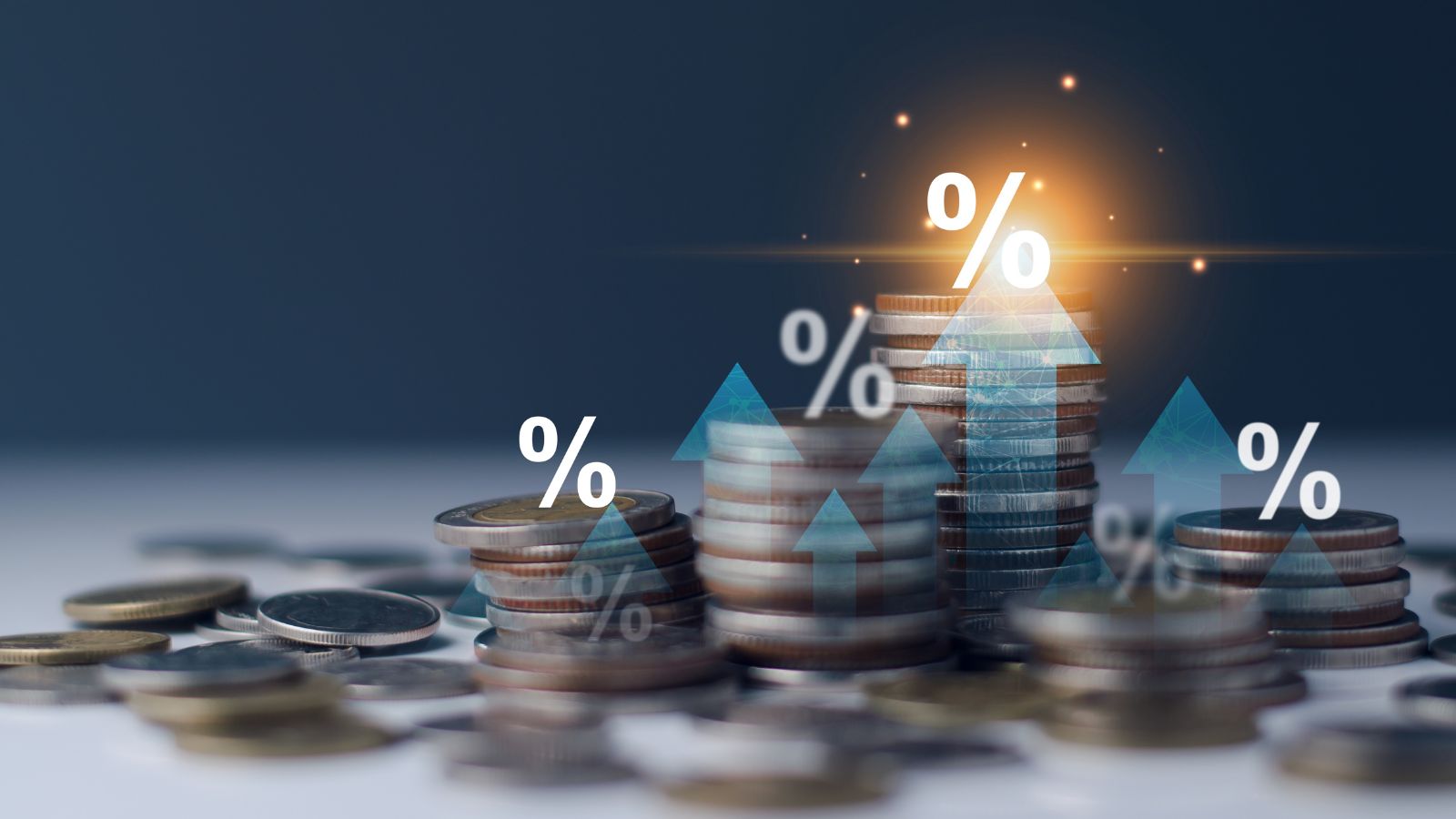
During inflationary times, interest rates may increase, but they typically don’t keep up with the rate of price increases. This means that the money you’ve stowed away in savings isn’t rising fast enough to match inflation, leaving individuals feeling like they’re slipping behind.
Diminished Trust in Institutions

Lastly, widespread inflation damages public confidence in governments and financial institutions. Consumer confidence can fall sharply and have a long-lasting effect on the economy if consumers believe that those in positions of authority aren’t doing enough to safeguard their interests or control inflation.
Conclusion

Inflation affects more than just the prices we see on store shelves—it shapes how we approach saving, spending, and planning for the future. As inflation continues to rise, understanding its broader effects is crucial not only for consumers but also for policymakers responsible for stabilizing the economy. If left unchecked, inflation’s impact could reshape how we work, live, and manage our finances for years to come.
18 Reasons Why People Are Leaving Florida in Masses

Exploring factors that impact the desirability of living in Florida, this list delves into various challenges shaping residents’ experiences. From environmental concerns like rising sea levels to economic factors such as fluctuating job markets, these issues collectively contribute to a nuanced understanding of the state’s appeal.
18 Reasons Why People Are Leaving Florida in Masses
